Qalibaf: IAEA no longer to access images of Iran nuclear sites
Iran's Parliament Speaker Mohammad Baqer Qalibaf says the International Atomic Energy Agency (IAEA) will no longer be able to access images of the Iranian nuclear sites because a monitoring deal with the UN nuclear body has expired.
“From May 22 and with the end of the three-month agreement, the agency will have no access to data collected by cameras inside the nuclear facilities agreed under the agreement, and cannot transfer them,” Qalibaf told the parliament Sunday.
He said the Majlis is fully resolved to implement its Strategic Action Plan to Counter Sanctions, which has tasked the administration with suspending extra commitments under the 2015 nuclear deal.
The decision, Qalibaf said, is backed by Leader of the Islamic Revolution Ayatollah Seyyed Ali Khamenei.
“Discussions were held and decisions made yesterday. The law passed by the Parliament will be implemented. The Leader has underlined the importance of this issue as well,” Qalibaf said.
Last December, Iranian lawmakers overwhelmingly voted in favor of the Strategic Action Plan to Counter Sanctions.
The law tasked the Atomic Energy Organization of Iran (AEOI) with producing and storing at least 120 kilograms of enriched uranium with a 20-percent purity level every year and raising enrichment beyond 20 percent according to the country's needs.
In February, Iran and the IAEA reached a technical understanding under which Iran agreed to keep the camera footage of its nuclear sites for three months in a goodwill gesture, waiting to see if the other parties to the nuclear deal can bring the US back into full compliance with the accord.
That deadline expired on Saturday, with the prospects of bringing Washington back to compliance with the Joint Comprehensive Plan of Action (JCPOA), as the nuclear deal is officially known, looking uncertain.
Deputy Foreign Minister Abbas Araqchi, who is the head of the Iranian delegation to the Vienna talks, told Japan's NHK channel on Friday that the Islamic Republic may consider extending the deal with the IAEA on inspection of its nuclear sites.
IAEA Director General Rafael Grossi is going to hold a news conference on Sunday afternoon.
Senior diplomats from Iran and the remaining parties to the JCPOA are in Vienna for negotiations on a potential revitalization of the deal, and an effective removal of the US sanctions imposed on the Islamic Republic.
The United States, under former president Donald Trump, left the JCPOA in May 2018 and restored the economic sanctions that the accord had lifted on Iran.
Tehran responded to the US noncompliance through taking a series of remedial measures envisaged in the nuclear deal if in case the other side did not observe its obligations.
Iran has insisted that it would observe its commitments only after the US removed all its sanctions in one step and Tehran could verify it.
IRGC Navy pounds US MST ship with a volley of missiles after Israeli-US aggression
Iran’s retaliatory attacks will continue uninterruptedly: Senior commander
Saudi Arabia lobbied for UAE sanctions: Trump
IRGC launches missile, drone strikes against Israel in response to US-Israeli aggression
IRGC pounds US bases across West Asia following US, Israeli aggression
VIDEO | Plan for US-pegged digital currency in Gaza raises sovereignty fears
OIC welcomes Oman-mediated Geneva talks between Iran, US; warns against use of force
VIDEO | Campaign to boycott Israeli ‘apartheid dates’ in UK intensifies during Ramadan


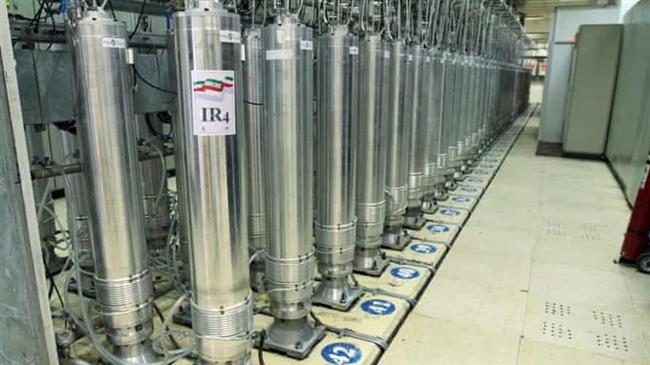


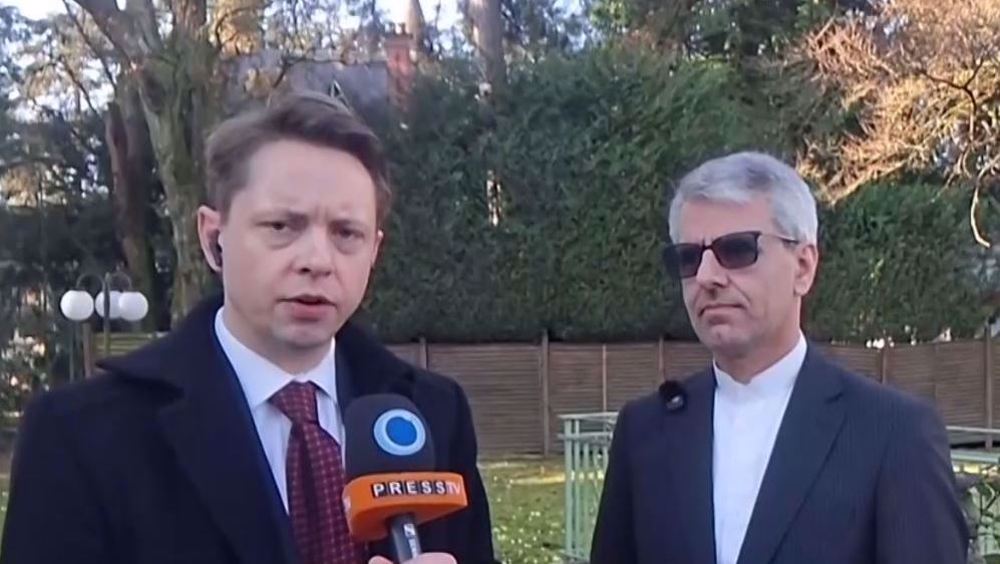
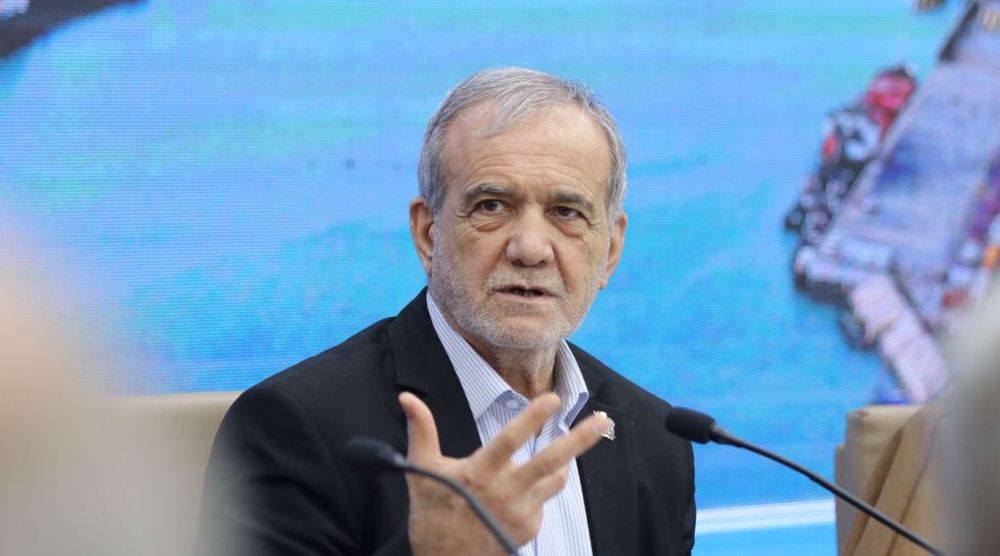
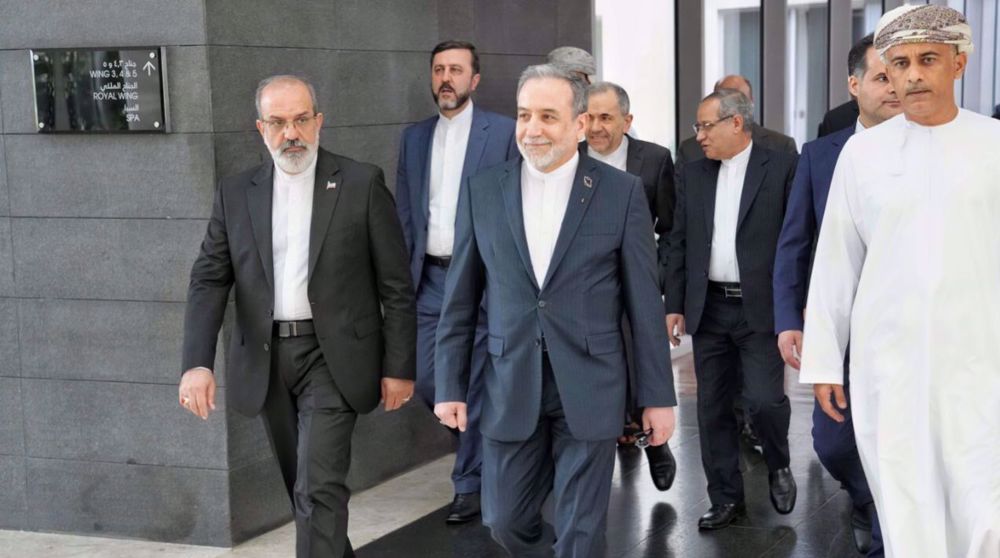



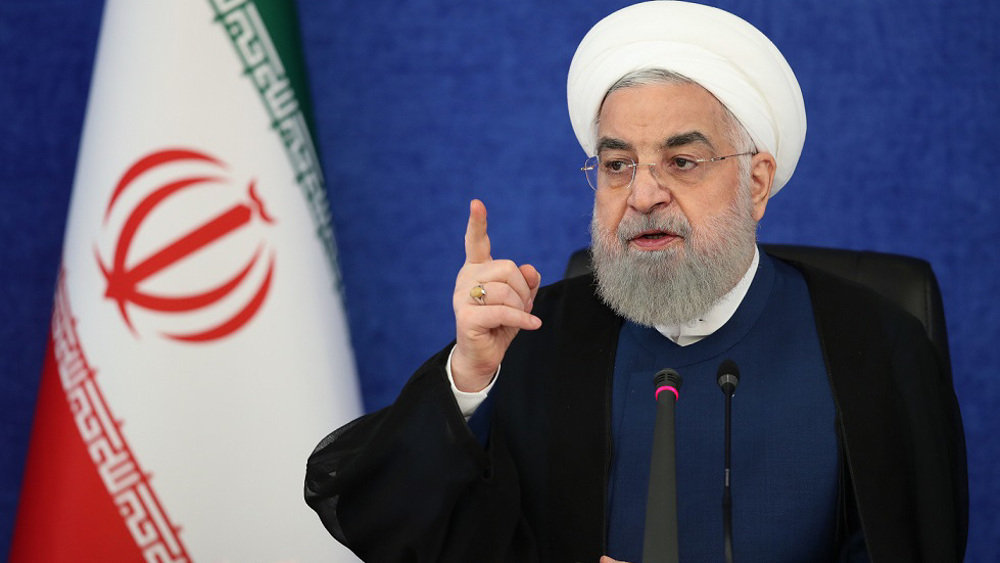
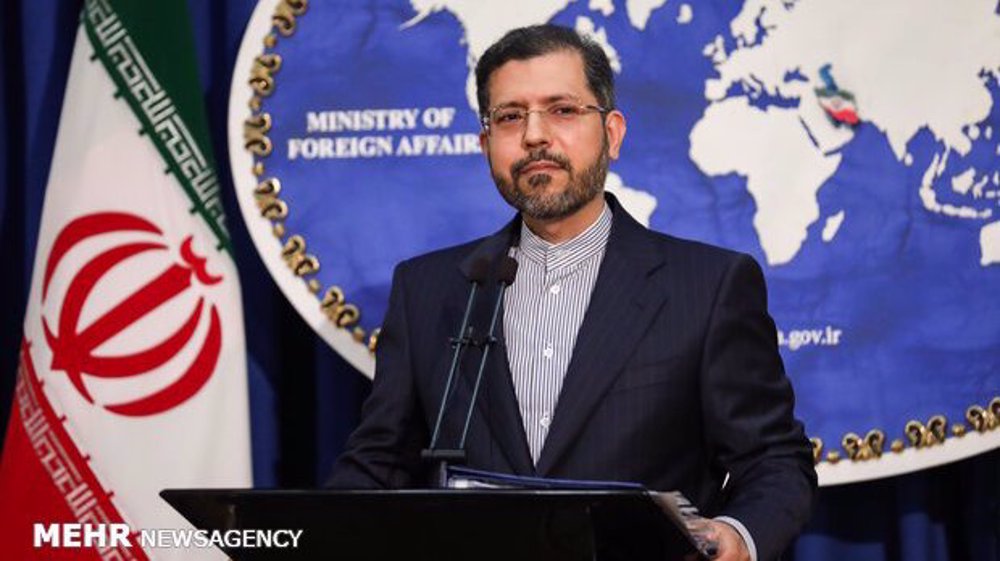
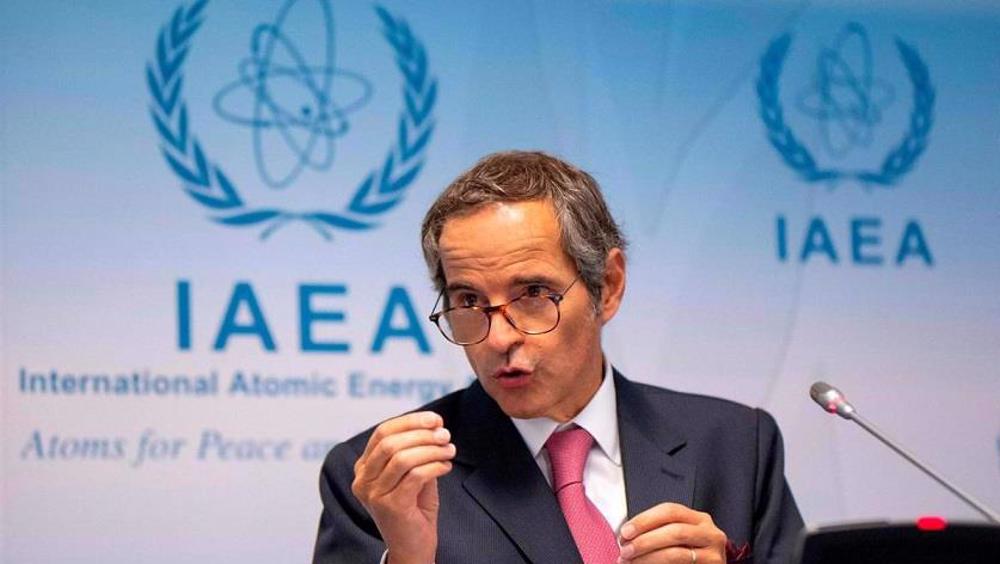
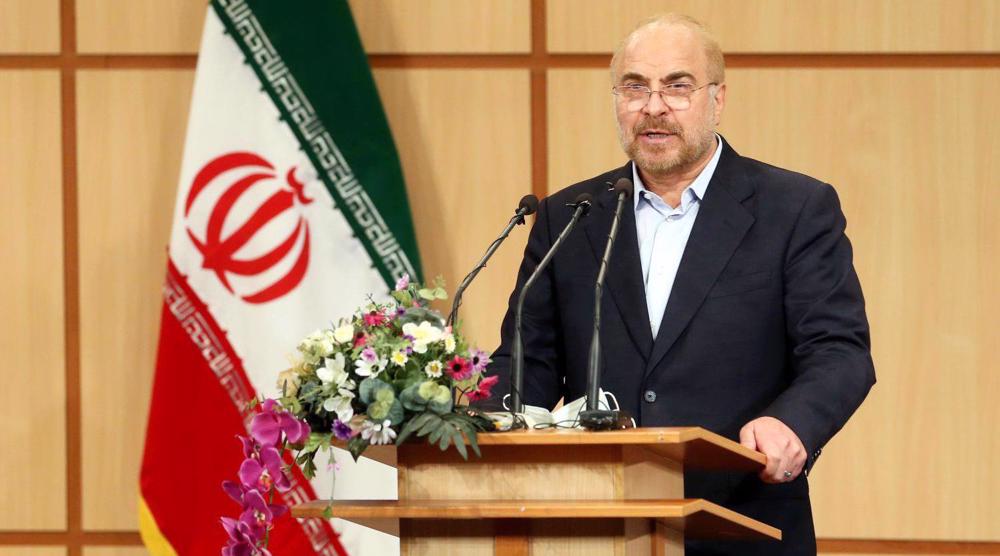

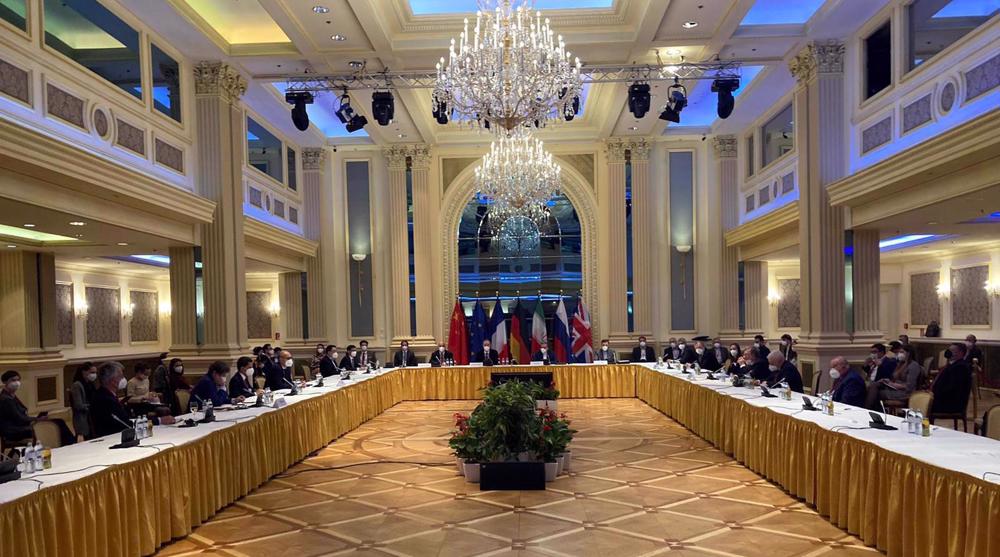
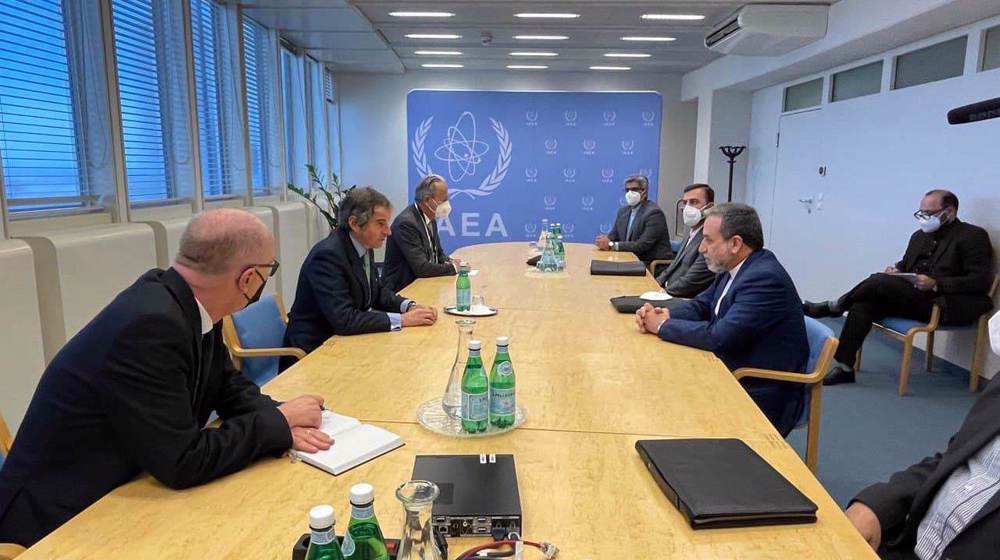
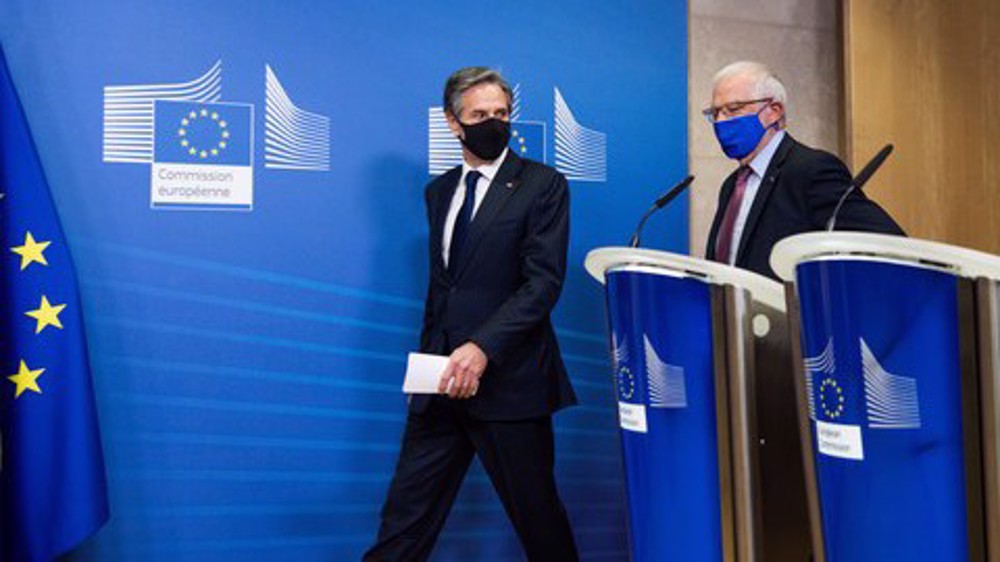

 This makes it easy to access the Press TV website
This makes it easy to access the Press TV website